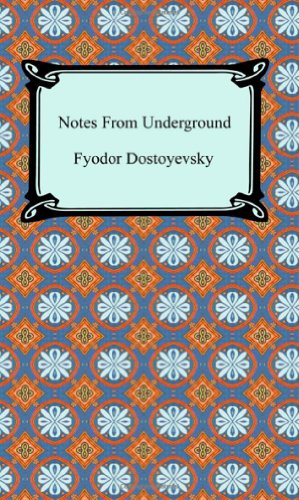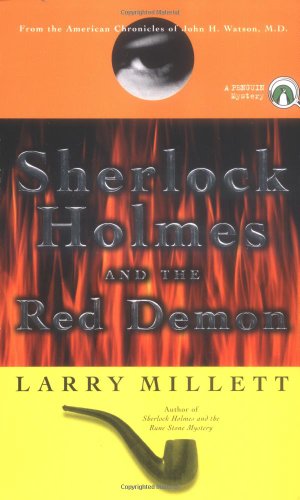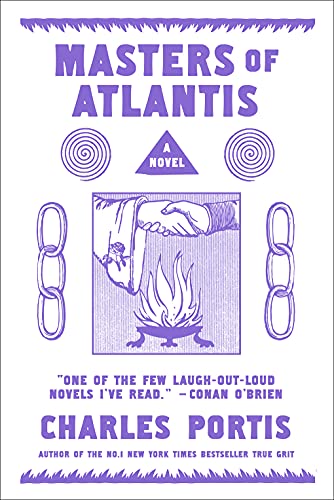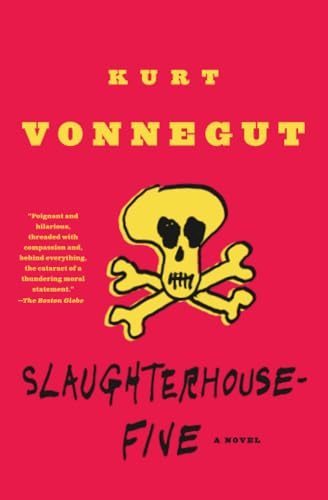To One of Fictive Music
Explore 'To One of Fictive Music'—a curated list of books celebrating fictive music. Discover literary works that blend melody and imagination in captivating harmony.

Book
Collected Fictions
by Jorge Luis Borges
For the first time in English, all the fiction by the writer who has been called “the greatest Spanish-language writer of our century” collected in a single volume “An event, and cause for celebration.”—The New York Times A Penguin Classics Deluxe Edition with flaps and deckle-edged paper For some fifty years, in intriguing and ingenious fictions that reimagined the very form of the short story—from his 1935 debut with A Universal History of Iniquity through his immensely influential collections Ficciones and The Aleph, the enigmatic prose poems of The Maker, up to his final work in the 1980s, Shakespeare’s Memory—Jorge Luis Borges returned again and again to his celebrated themes: dreams, duels, labyrinths, mirrors, infinite libraries, the manipulations of chance, gauchos, knife fighters, tigers, and the elusive nature of identity itself. Playfully experimenting with ostensibly subliterary genres, he took the detective story and turned it into metaphysics; he took fantasy writing and made it, with its questioning and reinventing of everyday reality, central to the craft of fiction; he took the literary essay and put it to use reviewing wholly imaginary books. Bringing together for the first time in English all of Borges’s magical stories, and all of them newly rendered into English in brilliant translations by Andrew Hurley, Collected Fictions is the perfect one-volume compendium for all who have long loved Borges, and a superb introduction to the master’s work for all who have yet to discover this singular genius. For more than seventy-five years, Penguin has been the leading publisher of classic literature in the English-speaking world. With more than 2,000 titles, Penguin Classics represents a global bookshelf of the best works throughout history and across genres and disciplines. Readers trust the series to provide authoritative texts enhanced by introductions and notes by distinguished scholars and contemporary authors, as well as up-to-date translations by award-winning translators.

Book
Foucault's Pendulum
by Umberto Eco
Three editors, inspired by an extraordinary fable about a mystic source of power greater than atomic energy, begin feeding esoteric bits of knowledge into a sophisticated computer, creating an incredible game that begins taking over. Reprint.





Book
The Curious Incident of the Dog in the Night-Time
by Mark Haddon
NATIONAL BESTSELLER • A modern classic—both poignant and funny—about a boy with autism who sets out to solve the murder of a neighbor's dog and discovers unexpected truths about himself and the world. “Disorienting and reorienting the reader to devastating effect.... Suspenseful and harrowing.” —The New York Times Book Review Christopher John Francis Boone knows all the countries of the world and their capitals and every prime number up to 7,057. He relates well to animals but has no understanding of human emotions. He cannot stand to be touched. And he detests the color yellow. This improbable story of Christopher's quest to investigate the suspicious death of a neighborhood dog makes for one of the most captivating, unusual, and widely heralded novels in recent years.

Book
The Short Stories of Ernest Hemingway
by Ernest Hemingway
Before he gained wide fame as a novelist, Ernest Hemingway established his literary reputation with his short stories. This collection, The Short Stories, originally published in 1938, is definitive. Among these forty-nine short stories are Hemingway's earliest efforts, written when he was a young foreign correspondent in Paris, and such masterpieces as "Hills Like White Elephants," "The Killers," "The Short, Happy Life of Francis Macomber," and "The Snows of Kilimanjaro." Set in the varied landscapes of Spain, Africa, and the American Midwest, this collection traces the development and maturation of Hemingway's distinct and revolutionary storytelling style -- from the plain, bald language of his first story, "Up in Michigan," to the seamless prose and spare, eloquent pathos of "A Clean, Well-Lighted Place" to the expansive solitude of the Big Two-Hearted River stories. These stories showcase the singular talent of a master, the most important American writer of the twentieth century.




Book
Inverted World
by Christopher Priest
Featured in Science Fiction: The Best 100 Novels Winner of the British Science Fiction Award Nominated for the Hugo Award The “devilishly entertaining” masterpiece of hard science fiction, set in a city moving through a strange, dystopian world—from the multi-award-winning author of The Prestige (Time Out New York) The city is winched along tracks through a devastated land full of hostile tribes. Rails must be freshly laid ahead of the city and carefully removed in its wake. Rivers and mountains present nearly insurmountable challenges to the ingenuity of the city’s engineers. But if the city does not move, it will fall farther and farther behind the “optimum” into the crushing gravitational field that has transformed life on Earth. The only alternative to progress is death. The secret directorate that governs the city makes sure that its inhabitants know nothing of this. Raised in common in crèches, nurtured on synthetic food, prevented above all from venturing outside the closed circuit of the city, they are carefully sheltered from the dire necessities that have come to define human existence. And yet the city is in crisis. The people are growing restive, the population is dwindling, and the rulers know that, for all their efforts, slowly but surely the city is slipping ever farther behind the optimum. Helward Mann is a member of the city’s elite. Better than anyone, he knows how tenuous is the city’s continued existence. But the world—he is about to discover—is infinitely stranger than the strange world he believes he knows so well.


Book
Slaughterhouse-Five
by Kurt Vonnegut
Kurt Vonnegut’s masterpiece, Slaughterhouse-Five is “a desperate, painfully honest attempt to confront the monstrous crimes of the twentieth century” (Time). Selected by the Modern Library as one of the 100 best novels of all time • One of The Atlantic’s Great American Novels of the Past 100 Years Slaughterhouse-Five, an American classic, is one of the world’s great antiwar books. Centering on the infamous World War II firebombing of Dresden, the novel is the result of what Kurt Vonnegut described as a twenty-three-year struggle to write a book about what he had witnessed as an American prisoner of war. It combines historical fiction, science fiction, autobiography, and satire in an account of the life of Billy Pilgrim, a barber’s son turned draftee turned optometrist turned alien abductee. As Vonnegut had, Billy experiences the destruction of Dresden as a POW. Unlike Vonnegut, he experiences time travel, or coming “unstuck in time.” An instant bestseller, Slaughterhouse-Five made Kurt Vonnegut a cult hero in American literature, a reputation that only strengthened over time, despite his being banned and censored by some libraries and schools for content and language. But it was precisely those elements of Vonnegut’s writing—the political edginess, the genre-bending inventiveness, the frank violence, the transgressive wit—that have inspired generations of readers not just to look differently at the world around them but to find the confidence to say something about it. Authors as wide-ranging as Norman Mailer, John Irving, Michael Crichton, Tim O’Brien, Margaret Atwood, Elizabeth Strout, David Sedaris, Jennifer Egan, and J. K. Rowling have all found inspiration in Vonnegut’s words. Jonathan Safran Foer has described Vonnegut as “the kind of writer who made people—young people especially—want to write.” George Saunders has declared Vonnegut to be “the great, urgent, passionate American writer of our century, who offers us . . . a model of the kind of compassionate thinking that might yet save us from ourselves.” More than fifty years after its initial publication at the height of the Vietnam War, Vonnegut’s portrayal of political disillusionment, PTSD, and postwar anxiety feels as relevant, darkly humorous, and profoundly affecting as ever, an enduring beacon through our own era’s uncertainties.